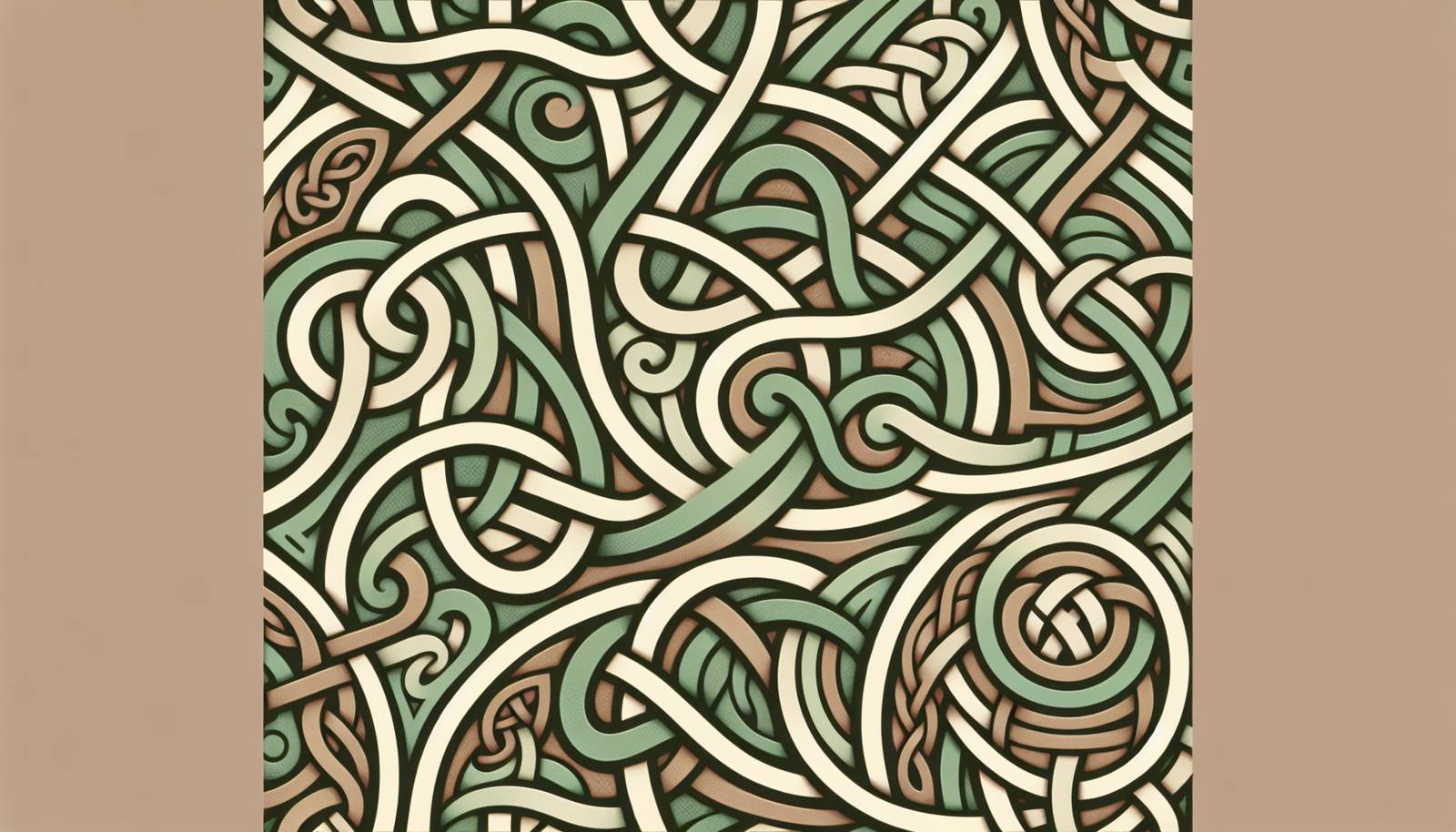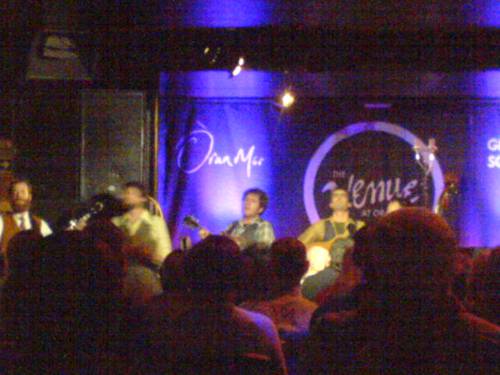
FAQ About Global Cultural Impact of Celtic Festivals

What are Celtic festivals?
Celtic festivals are traditional celebrations that stem from the ancient Celtic peoples, primarily from areas that are today known as Ireland, Scotland, Wales, Brittany, Cornwall, and the Isle of Man. These festivals often mark important seasonal changes and have historical, religious, and cultural significance.

What are some examples of Celtic festivals?
Some well-known Celtic festivals include Samhain, which marks the beginning of winter and is considered a precursor to Halloween; Beltane, a festival celebrating the beginning of summer; Imbolc, marking the start of spring; and Lughnasadh, which signifies the onset of the harvest season.

How did Celtic festivals originate?
Celtic festivals originated with the ancient Celtic peoples who used them to mark the passage of the seasons and to honor their deities. These festivals were deeply intertwined with the agricultural calendar and cosmic cycles, influencing planting and harvesting periods.

How have Celtic festivals influenced modern celebrations?
Celtic festivals have contributed significantly to modern celebrations, particularly Halloween and May Day. Samhain's influence is prominently seen in Halloween traditions such as costumes and jack-o'-lanterns. Beltane's influence persists in May Day celebrations with activities like dancing around the maypole.

What is the cultural significance of Samhain?
Samhain is one of the most important festivals in the Celtic calendar, marking the end of the harvest season and the beginning of winter. It was believed to be a time when the veil between the living and the dead was thinnest, allowing spirits to pass through. This festival involved customs like bonfires and wearing costumes to ward off ghosts.

How is Beltane celebrated?
Beltane is celebrated with activities that welcome summer, including lighting bonfires, dancing, and decorating with flowers and ribbons. Traditionally, people would jump over the fires for good luck and fertility. In Scotland and Ireland, Beltane is still celebrated with large festivals and communal gatherings.

What role do Celtic festivals play in cultural identity?
Celtic festivals play a crucial role in maintaining and expressing cultural identity for Celtic communities. These festivals serve as a means to sustain ancient traditions, folklore, and community bonds. They also promote a sense of continuity and belonging among people of Celtic heritage.

How do Celtic festivals promote cultural exchange?
Celtic festivals promote cultural exchange by attracting global interest and participation. Many non-Celtic communities celebrate these festivals, incorporating their customs into local traditions. Events like the Celtic music and dance festivals provide platforms for cultural exchange, bringing together diverse peoples to share and experience Celtic culture.

What is the global presence of Celtic festivals today?
Today, Celtic festivals have a significant global presence, celebrated not only in their regions of origin but also in many countries around the world. Large festivals celebrating Celtic music, dance, and traditions can be found in North America, Australia, and beyond, highlighting the widespread appreciation of Celtic culture.

What are the traditional foods associated with Celtic festivals?
Traditional foods associated with Celtic festivals often reflect the seasons and local harvests. For example, barmbrack, a type of fruit bread, is associated with Samhain in Ireland. Beltane might feature dairy-rich dishes reflecting the season’s abundance, while Lughnasadh includes bread and ripe fruits, celebrating the harvest.

Are there modern adaptations of Celtic festivals?
Yes, there are many modern adaptations of Celtic festivals which often merge traditional elements with contemporary influences. These adaptations may include music concerts, art exhibitions, and even digital celebrations that make use of technology to reach broader audiences.

What are some misconceptions about Celtic festivals?
Common misconceptions about Celtic festivals include the belief that they are solely of a spiritual or mystical nature. While spiritual significance is important, these festivals are also deeply rooted in community life, agriculture, and regional culture, serving as holistic celebrations of seasonal changes.

How has globalization affected Celtic festivals?
Globalization has expanded the reach and visibility of Celtic festivals, allowing them to gain international popularity. This can lead to enhanced cultural appreciation and tourism. However, globalization may also risk diluting the traditional aspects of these festivals as they become more commercialized to attract a global audience.

What is the historical significance of Imbolc?
Imbolc, marking the beginning of spring, is historically significant as a festival of light and purification. It celebrates the lengthening days and the fertility of the land. Deeply associated with the Celtic goddess Brigid, it incorporates rituals of cleaning and renewing, symbolizing new beginnings.

How do Celtic festivals contribute to local economies?
Celtic festivals contribute to local economies by attracting tourists and generating income through cultural tourism and festival-related activities. They create temporary jobs, increase patronage for local businesses, and often sell crafts and foods, boosting local artisan and agricultural markets.

What elements are typically involved in a Celtic festival?
Celtic festivals typically involve music, dance, rituals, and feasting. Often, traditional clothing and costumes are worn, and activities such as storytelling, competitions, and community gatherings are common. The festivals frequently include elements of nature, such as flowers and sacred bonfires.

Why is Lughnasadh significant in the Celtic tradition?
Lughnasadh is significant as it marks the first harvest, celebrating the bounty of the earth. It was historically a time of feasting, the offering of the first fruits, and athletic competitions. Named after the god Lugh, it honors the cycle of growth and harvesting and remains an important symbol of fertility and labor.

How can one experience a Celtic festival today?
To experience a Celtic festival today, individuals can participate in local festivals or attend larger gatherings such as music festivals that celebrate Celtic culture. Additionally, online platforms and communities often host virtual celebrations, allowing global participation in traditional customs and activities.

Are there similarities between Celtic festivals and other cultural festivals?
Yes, Celtic festivals share similarities with other cultural festivals worldwide, such as marking seasonal transitions, honoring deities, and celebrating community life. They often involve traditional music, dance, and food and serve as important cultural expressions of particular regions and peoples.

What is the importance of traditional music in Celtic festivals?
Traditional music plays a vital role in Celtic festivals as it helps convey the cultural stories, emotions, and history of Celtic peoples. Music is often used to accompany dances, rituals, and celebrations, creating an immersive festive atmosphere. It acts as a form of cultural preservation and celebration, passed down through generations.
